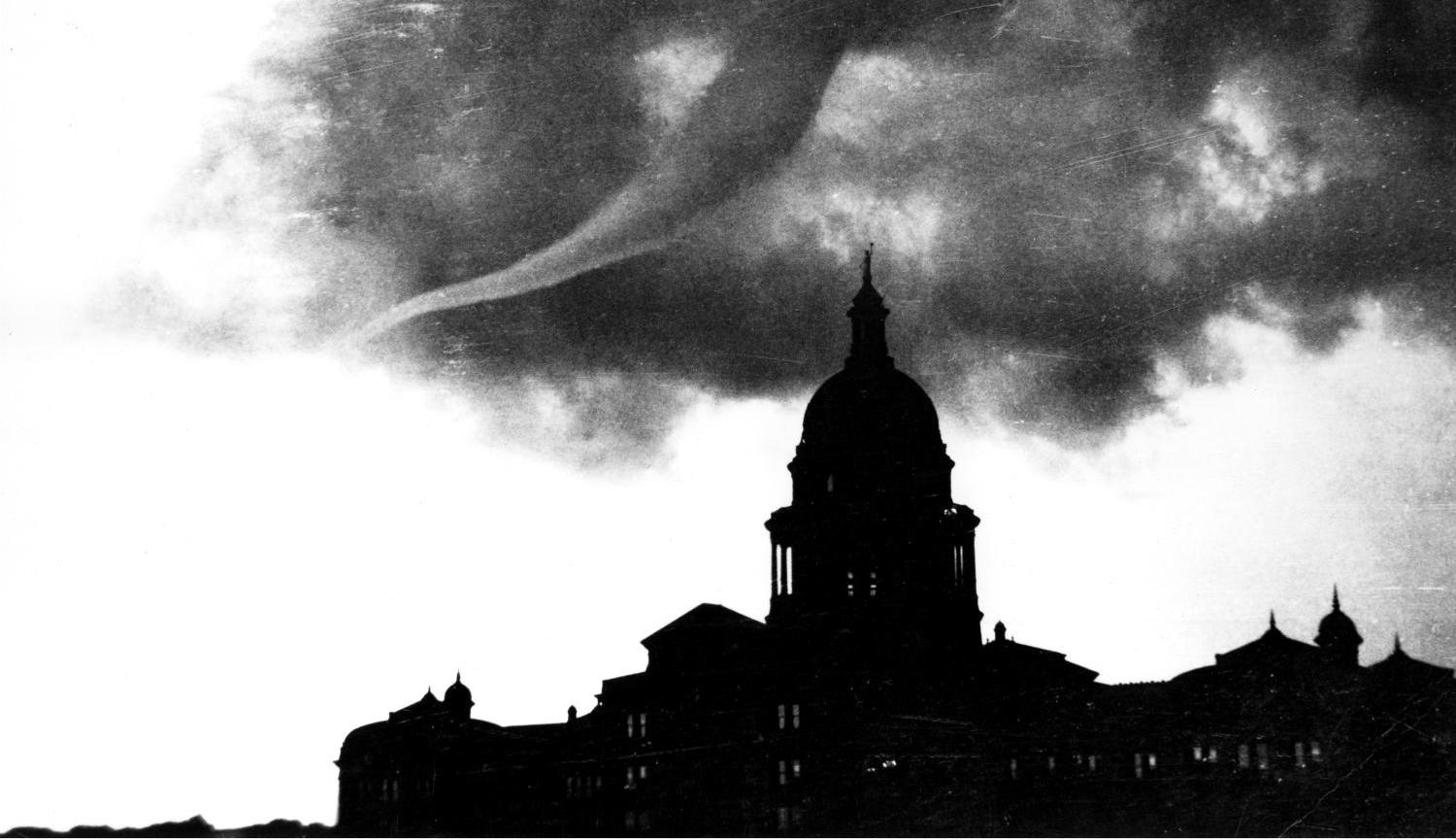ustxtxb_obs_2006_04_21_50_00025-00000_000.pdf
Page 30
one another, how strong the ties can be.” The Holdsworth women in particular were a tough bunch, strong of jaw and unforgiving, who managed to be both “disapproving and loving.” \(Her grandmother once gave her a copy of Wilde’s Dorian Gray inscribed with the disclaimer “I did not care for this story, I doubt you will able ladies, and the example they set, were a driving force behind The Night Journal is clear. Crook’s Aunt Sister “sharp-tongued, opinionated, generous if she liked you, scornful if she didn’t”is an obvious model for Bassie \(“it is a fine line,” Crook writes, describing Bassie to a T, “between being forthright and being mean as a snake, and Aunt Sister walked it with no particular grace, plunking her black cane along and Here, however, the figures diverge. Far from being a Bassie-like ballast, dragging her backward, Aunt Sister instead offered Crook the “comforting [ …] memory of an odd old woman who refused to be anyone other than who she was,” a memory that “liberates me from the burden of good breeding.” This divergence between fiction and fact suggests an interesting paradox. What is it that draws an author who, by her own account, was in her forties before she felt free of the yoke of family expectations, to the ancestry-laden genre of historical fiction and to a novel whose current drags so strongly backward? The Night Journal is about Meg’s attempt to escape the past, but like her leading lady, Crook as an author is inescapably entangled in it. Her mind, as she has complained, “cluttered constantly with the details of living in the wrong era.” Could it be that historical fiction is a king of Aunt Sister in its own rightthat it offers both the Venerable Example and the individualistic escape from that example? If Meg’s voice is forced towards the mundane by its familiarity, Hannah’s is liberated by its strangeness. For the writer, the great appeal of historical fiction is the opportunity it presents to escape the bind of everyday language, of the proverbial. It allows the author to originate a language, a new voice, with which to discuss old stories. Like a new toy, the genre presents her with a chance at some fresh fun. A good historical novel doesn’t so much reproduce the past as reinvent it. Meg, and to a certain extent Bassie, are reproductions. Hannah is pure invention. In the end, it’s not so much Hannah’s storythe tragedies she must endure that outshines Meg’s as the language in which she tells it. Her voice, in fact, is the great strength of this novel. While Such passages exhibit a charm that is entirely lacking from Meg’s story. This makes it all the more a pity when, toward the end of the novel, Crook inexplicably opts to abandon the diary mode in favor of a kind of omnisciently narrated summary of the entries \(presumably recorded as ages to skulk around the most personal moments of the historical plotline \(the betrayal of a marriage, the birth of a without Hannah’s winning intimacy. Meg comes, eventually, to the realization that though “the pathways of the past had been opened and she had been drawn in … they would not, even if she pursued them, lead her very far. … She needed to turn around and get on with her life again.” Perhaps in the final chapters, the author responded to a similar urge; but like Albany’s, this new beginning is inevitably tinged with loss. Rebecca Markovits lives in Austin. Meg’s modern language can be stale, Hannah’spleasantly terse and clean, with the appealing slight stiffness of invented ageis paradoxically fresh. Her goals as a diarist are modest, but tellingly forward-looking: [to] record everything and someday … publish the account, so it will be of use. I am going to a new place and eventually a new century and am going to write about it, and about the people. Brother would insist I am only here and owe my occupation to the fact that I was not chewing on gum in the interview at the Harvey office, as was the applicant before me, but it is not so. I have more purpose than that. Brother never had a thought he doubted. APRIL 21, 2006 THE TEXAS OBSERVER 25


